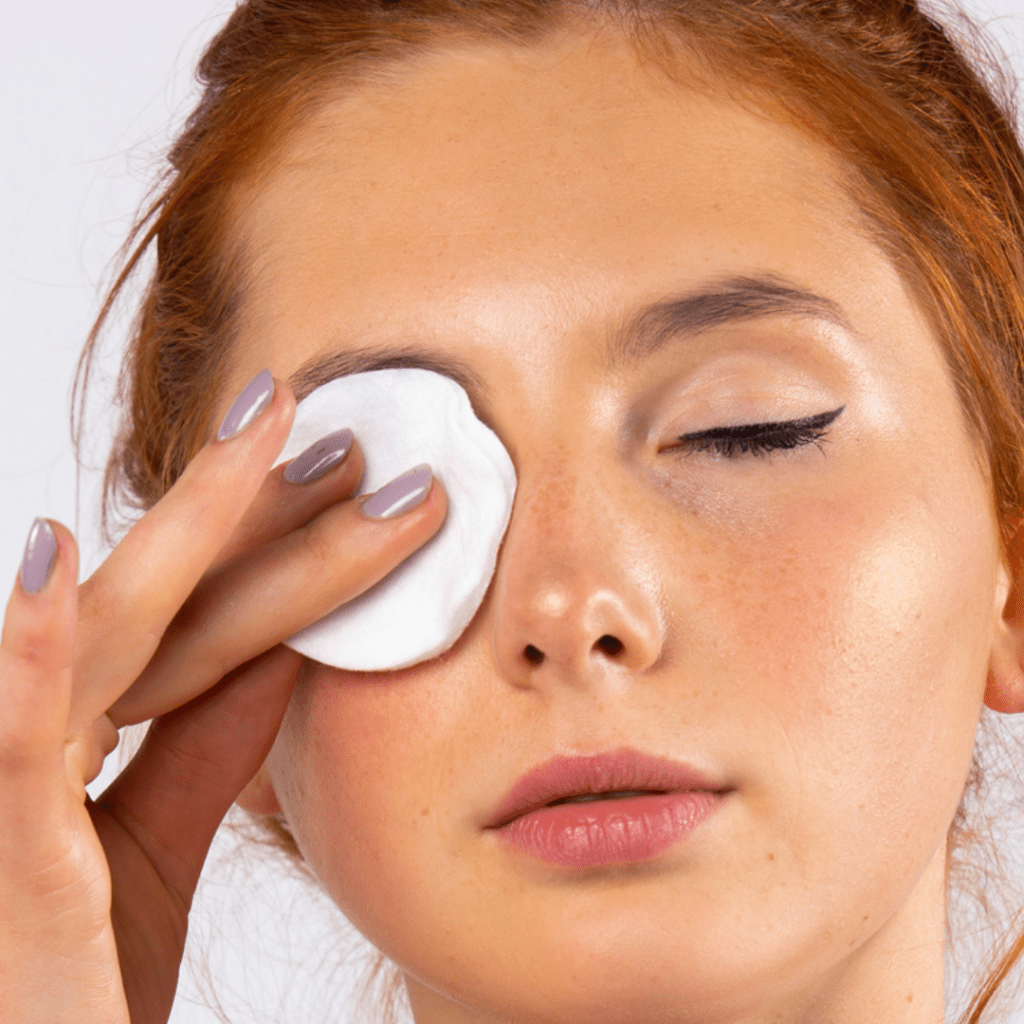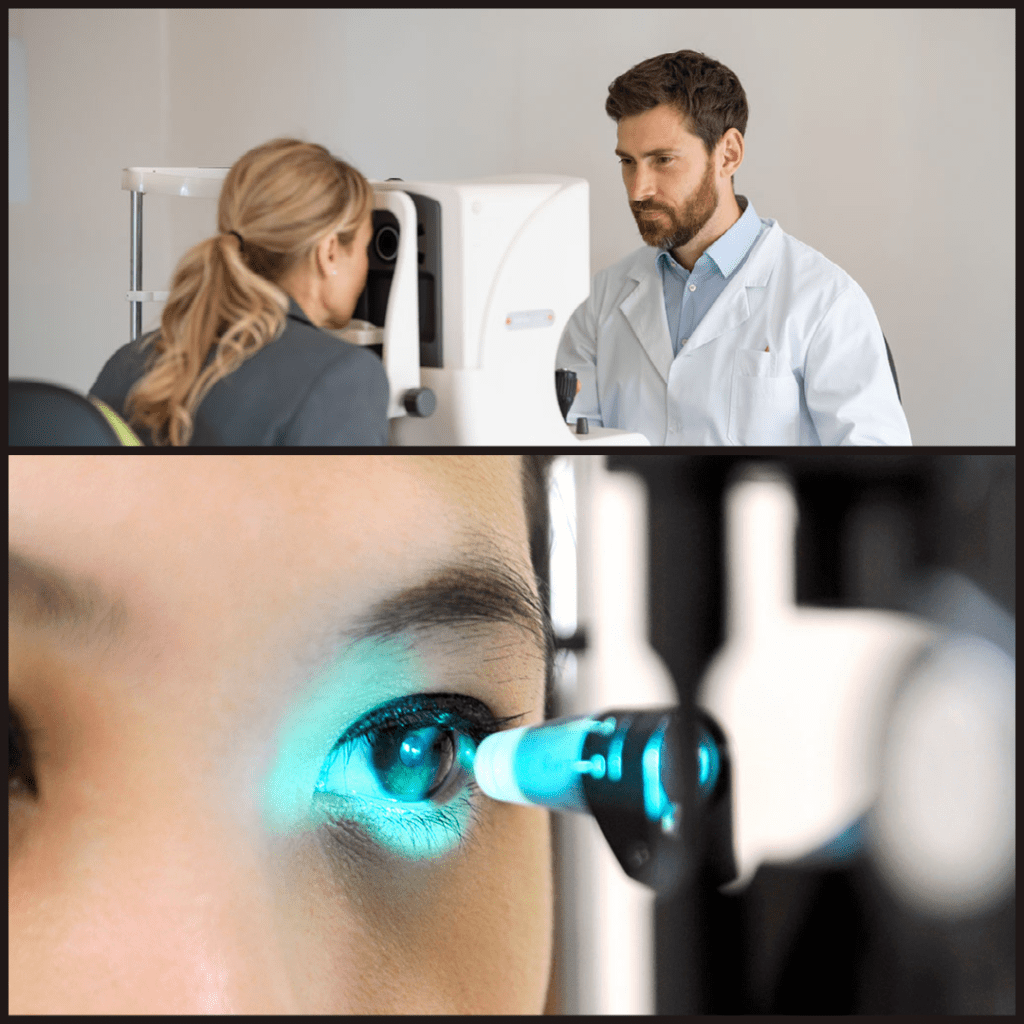Your eyesight is a precious gift, and it’s important to take steps to protect it. Whether you’re working, playing sports, or just going about your daily life, there are many potential hazards that can harm your eyes. In this blog, we’ll be discussing some simple eye safety tips that can help you protect your vision.
TIPS
1. Wear protective eyewear:
When participating in activities that pose a risk to your eyes, such as playing sports or working with power tools, it’s important to wear protective eyewear. There are a variety of options available, including safety glasses, goggles, and sports eye guards. Make sure to choose the right type of protective eyewear for your specific activity.

2. Wear sunglasses:
Sun exposure can damage your eyes, causing cataracts and other vision problems. To protect your eyes, wear sunglasses that block out 99-100% of both UVA and UVB rays. Look for sunglasses that wrap around your eyes for maximum protection.
3. Avoid staring at screens for long periods of time:

Staring at screens for long periods of time can strain your eyes and lead to eye fatigue, headaches, and other symptoms. To reduce the strain on your eyes, take breaks every 20-30 minutes and follow the 20-20-20 rule: every 20 minutes, look away from the screen and focus on an object 20 feet away for 20 seconds.
4. Take breaks during prolonged reading:
Reading for long periods can also strain your eyes. To reduce eye strain, take breaks every 20-30 minutes and look away from the book or screen or go for outdoor activities. Blink frequently and try to avoid reading in low light conditions.
5. Keep your eyes clean:

Keep your eyes clean by washing your hands before touching your eyes, and avoid rubbing your eyes with dirty hands. If you wear contacts, make sure to follow the manufacturer’s instructions for cleaning and disinfecting them.
6. Quit smoking:
Smoking is a major risk factor for a number of eye diseases, including cataracts, age-related macular degeneration, and diabetic retinopathy. Quitting smoking can help reduce your risk of these and other eye problems.
7. Incorporate Antioxidant-rich Foods:

To support good eye health, it’s essential to eat a diet rich in antioxidants. Foods to include in your diet are citrus fruits, green leafy vegetables, sweet potatoes, carrots, fish, nuts, and seeds. These foods can help protect your eyes from oxidative damage and reduce the risk of certain eye diseases.
8. Exercise Regularly:
Regular exercise is crucial not just for overall health but also for eye health. Exercise helps reduce the risk of non-communicable diseases such as diabetes, hypertension, and cholesterol, which can have a significant impact on your eye health. By keeping your body fit and healthy, you can keep your eyes healthy too..
9. Stay Hydrated:
Dehydration can cause eye fatigue and discomfort. By staying hydrated, you can help keep your eyes cool and reduce eye fatigue. Drink plenty of water throughout the day and limit your consumption of caffeinated and alcoholic beverages

10. Schedule Routine Eye Check-ups:
Whether you have eye problems or not, it’s important to schedule routine eye check-ups. If you’re under 65 years of age, you can have a check-up once every two years or annually. If you’re over 65 years old, it’s recommended to have an eye check-up once every year. Early detection of eye diseases through regular check-ups can help ensure that your eyes stay healthy
QUICK SUMMARY
In conclusion, by following these simple eye safety tips, you can help protect your vision and keep your eyes healthy. If you experience any eye problems or changes in your vision, be sure to see an eye doctor for a thorough examination. Regular eye exams are an important part of eye care and can help detect eye problems early on, when they’re easier to treat.
